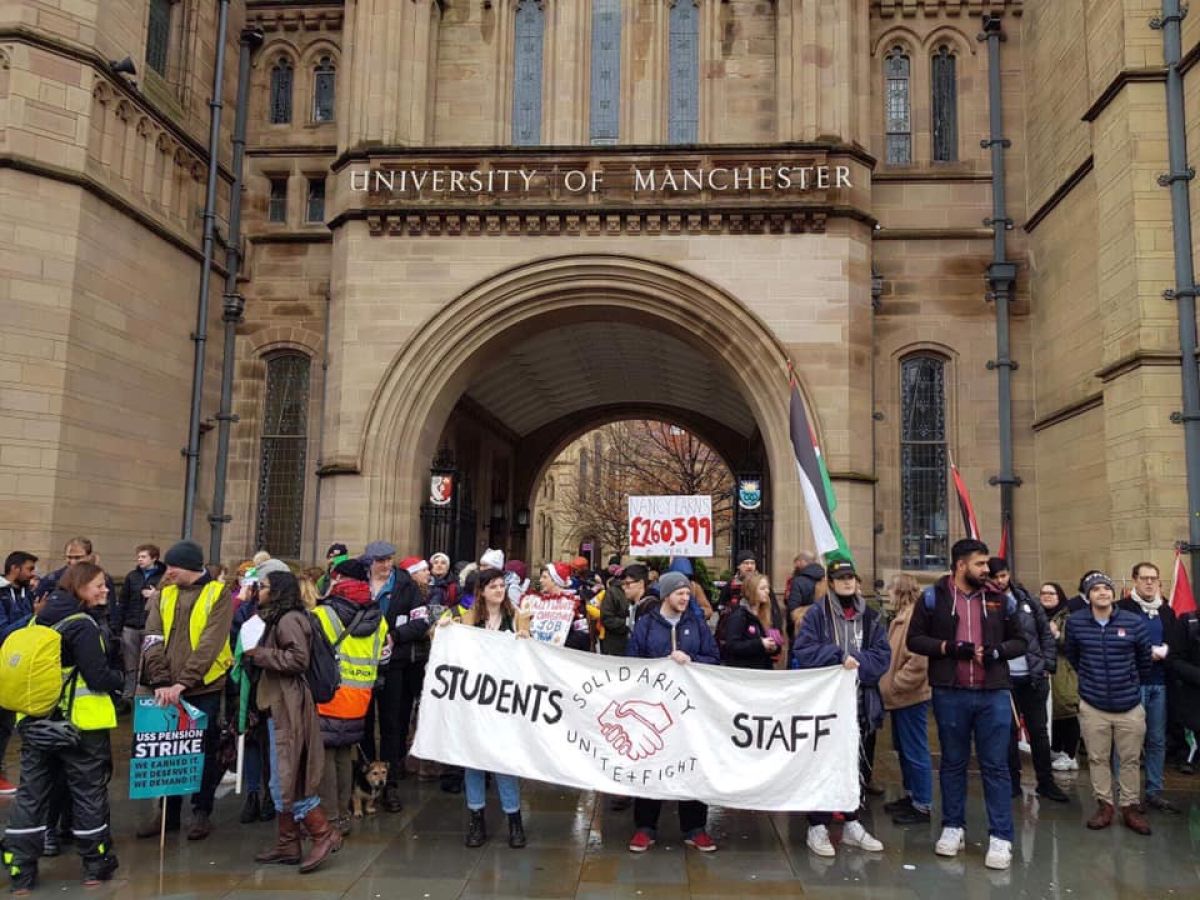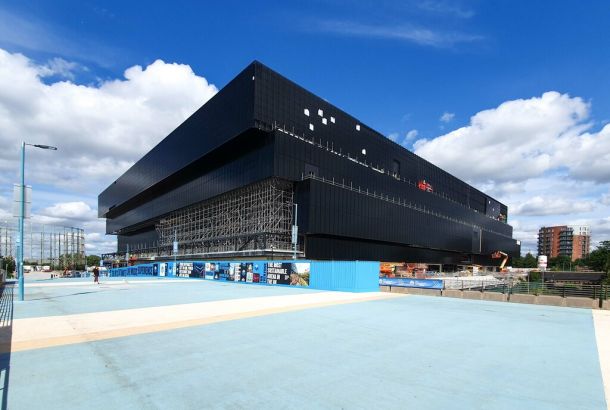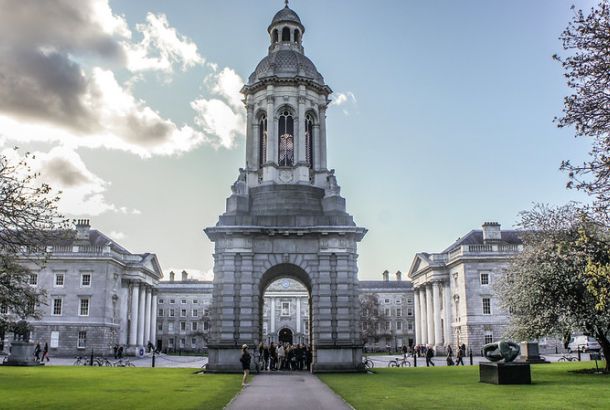UCU vote for strike action in historic nation-wide ballot

University staff represented by the University and College Union (UCU) have “overwhelmingly” voted for strike action in two nation-wide ballots.
Two two ballots were called. One over pension cuts, and the other regarding pay and working conditions – also known as the four fights.
The ballot on pension cuts passed with a yes vote of 84.9% and a turnout of 60.2%. The vote over pay and working conditions passed with 81.1% and a turnout of 57.8%. This means just over half (51.1%) of all UCU members voted to strike over pension cuts and just under (46.9%) voted in favour of striking over pay and working conditions.
Regarding the ballots, UCU General Secretary Jo Grady said that University staff “are sending a clear message that they will not accept falling pay, insecure employment and attacks on pensions. They know their power and are ready to take back what is theirs”.
Pension cuts brought in on April 1 2022 meant typical staff would lose 35% of their guaranteed retirement pension. For the employers in the mode age range earning the average lecturer salary, their annual benefit pension could have dropped around £10000 down to just £13801 per annum.
This was justified by employers who pointed to the 2020 valuation that showed a £14.1 billion deficit in the Universities Superannuation Scheme (USS), despite the asset’s value rising from £66.5 billion in March 2020 to £88.5 billion in under two years. Similarly, the £14 billion deficit became nearly a £2 billion surplus, but the cuts to pensions were not reversed.
Dr Molly Geidel, Lecturer in American Cultural History and Vice-President of the University of Manchester’s UCU branch, told The Mancunion “we have a much stronger mandate for industrial action than ever before: we won an aggregated ballot, which means 150 universities across the UK voted to strike”.
She noted also that “very high turnout” and votes “overwhelmingly in favour of strike action” put the UCU “in a stronger position to fight back against these attacks on the sector by our employers”.
The University of Manchester has also released a statement by Adèle MacKinlay, Director of People and Organisational Development at the University, saying:
“We are disappointed at the outcome of the University and College Union’s (UCU’s) ballots in favour of industrial action in relation to pay and working conditions and the USS pension. These were aggregated ballots across all institutions. We don’t currently know what action will be taken or when, but we are already planning mitigations to minimise the impact on our students and ensure they continue to receive the experience they deserve.
We appreciate the difficult and challenging times in which we are living, and we are taking active steps to support our staff and students.
We will communicate further once we have been informed of the action which will be taken by UCU in response to the result.”







